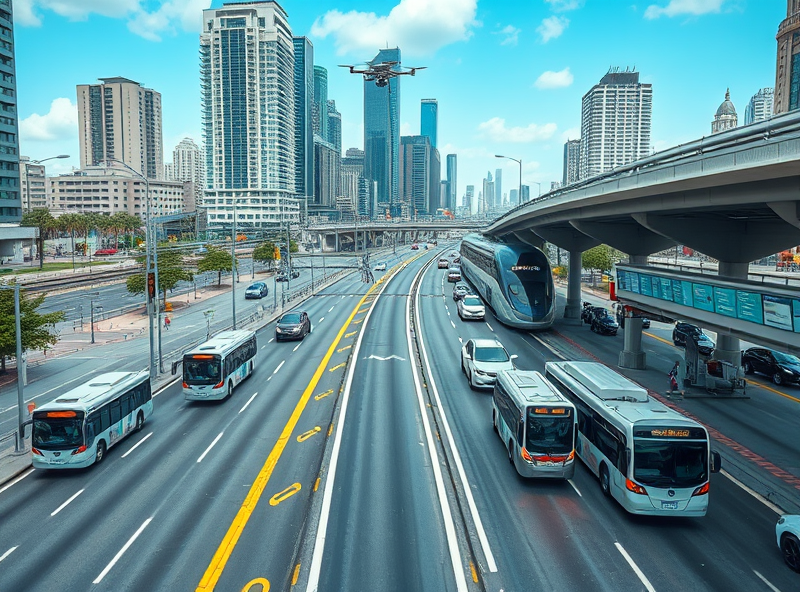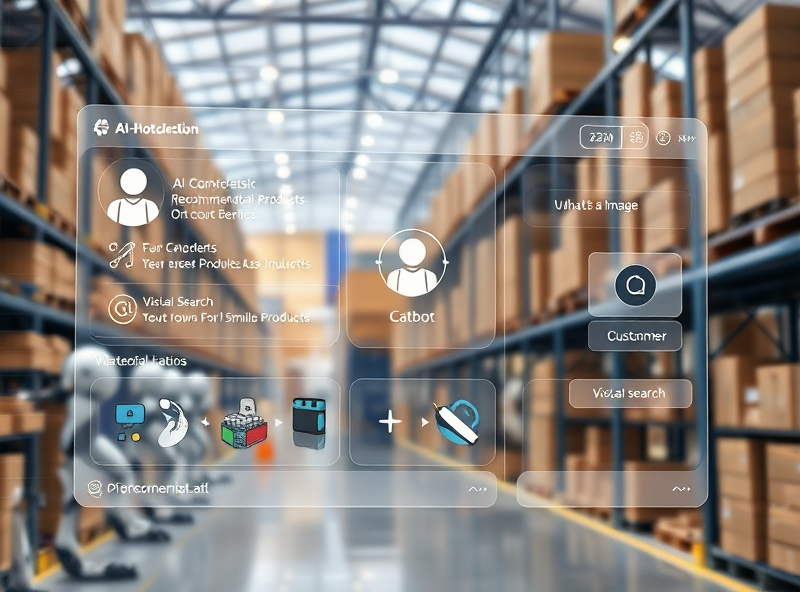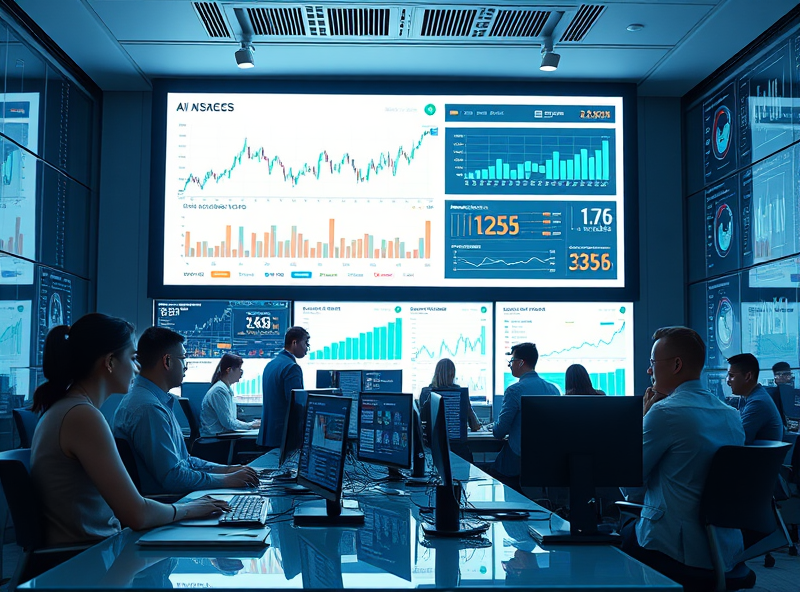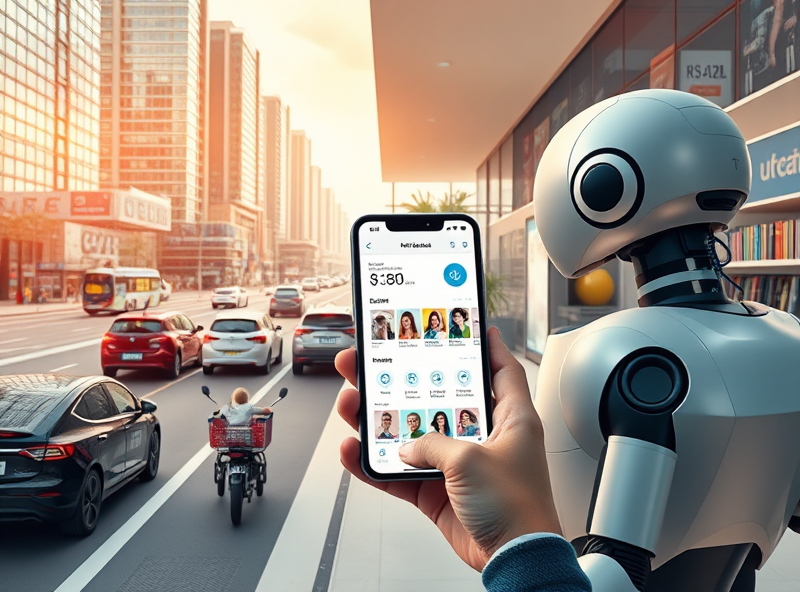AI in Transportation

Artificial Intelligence is transforming the transportation industry in ways that make our daily commutes safer, faster, and more efficient. One of the most significant advancements is the development of autonomous vehicles. Self-driving cars, powered by AI, use sensors, cameras, and machine learning algorithms to navigate roads, avoid obstacles, and ensure passenger safety. These vehicles have the potential to reduce traffic accidents caused by human error, which accounts for the majority of road incidents.
AI is also optimizing public transportation systems. Predictive algorithms analyze traffic patterns and passenger demand to improve scheduling and reduce wait times. For instance, AI-powered apps can provide real-time updates on bus or train arrivals, helping commuters plan their journeys more effectively. Additionally, AI is being used in logistics and freight transportation to optimize delivery routes, saving fuel and reducing carbon emissions.
In aviation, AI assists with flight scheduling, maintenance predictions, and even air traffic control, ensuring smoother and safer air travel. These advancements not only enhance convenience but also contribute to a more sustainable and efficient transportation ecosystem. AI in transportation is truly revolutionizing how we move from one place to another, making our lives easier and our journeys more enjoyable.
AI in Retail and E-commerce

Artificial Intelligence is transforming the retail and e-commerce industry in ways that are both innovative and highly practical. AI-powered recommendation systems are now a staple of online shopping platforms, offering personalized product suggestions based on user behavior, preferences, and purchase history. This not only enhances the shopping experience but also increases customer satisfaction and loyalty. Additionally, AI-driven chatbots provide instant customer support, answering queries and resolving issues 24/7, which saves time for both customers and businesses. Inventory management has also seen a revolution, with AI predicting demand trends and optimizing stock levels to reduce waste and improve efficiency. Furthermore, visual search technology allows users to upload images and find similar products instantly, making shopping more intuitive and enjoyable. For businesses, AI tools analyze market trends and customer data to help create targeted marketing campaigns, boosting sales and ROI. Whether you’re a shopper or a retailer, AI is making the entire process smarter, faster, and more convenient.
AI in Finance

Artificial Intelligence is transforming the finance industry in remarkable ways, making processes faster, more secure, and user-friendly. One of the most significant applications is fraud detection. AI algorithms analyze vast amounts of financial data in real-time to identify unusual patterns or anomalies, helping to prevent fraudulent activities. Additionally, AI is revolutionizing credit scoring by evaluating a broader range of data points, offering fairer and more accurate assessments for loan approvals. Another popular use is algorithmic trading, where AI processes market data at lightning speed to make precise and profitable trading decisions. Lastly, robo-advisors are gaining popularity by providing automated financial advice tailored to individual goals and risk tolerance, making financial planning accessible to everyone. AI in finance is not just about efficiency; it’s about empowering people to make smarter financial decisions.
AI in Entertainment

Artificial Intelligence is transforming the entertainment industry in remarkable ways, making our experiences more personalized, immersive, and enjoyable. Streaming platforms like Netflix and Spotify use AI algorithms to analyze your preferences and recommend content tailored to your tastes, ensuring you always find something you love. In gaming, AI creates smarter, more responsive NPCs (non-player characters) and adapts gameplay to suit your skill level, enhancing the overall experience. Additionally, AI is being used in movie production for tasks like script analysis, special effects, and even creating realistic digital characters. For content creators, AI tools simplify video editing, generate music, and even assist in writing scripts, saving time and boosting creativity. With AI, entertainment is becoming more accessible and engaging for everyone.



